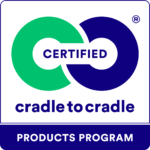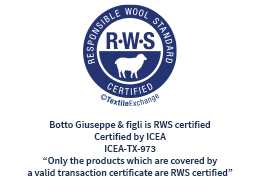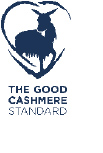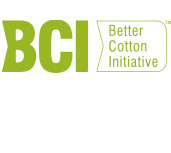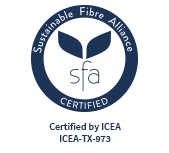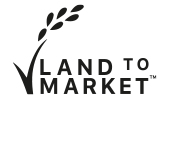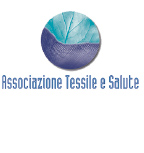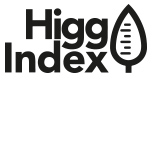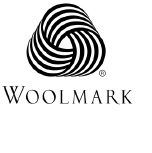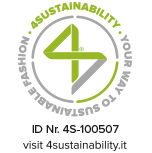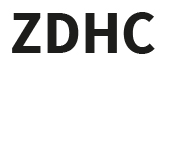Sustainability is the new luxury
OUR GREEN VISION
By pursuing sustainable fashion, we want to establish harmonious relations with both the environment and people in a framework of total and absolute transparency.
Sustainability is fashion combined with beauty.
Since 2015, our institution began a process consisting of continuous research, experimentation with new natural materials, special finishes, and partners all over the world who pay attention to the correctness of production processes and methods and obtain certifications to guarantee transparency and traceability.
Certifications
Social responsibility is one of the major issues that places environmental impact at the center. For this reason, the use of certifications is a guarantee of transparency and traceability from the origin, to the processing and coloring.
Botto Giuseppe has chosen:
Cradle to Cradle CertifiedTM is an approach that adapts industrial models to nature, converting production processes and assimilating the materials used to natural elements that must, therefore, be regenerable.
RWS is the quality certification for the origin of wool from controlled farms that pay particular attention to animal wellbeing, the recovery of the natural landscape, and responsible land management. RWS certification guarantees that the wool is carefully selected, traceable and monitored along the entire supply chain, from origin to finished product.
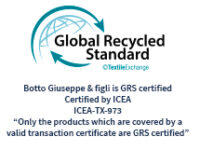
GRS (GLOBAL RECYCLE STANDARD) is recognised as the most prominent international standard for sustainable manufacturing of clothing and textiles made from recycled materials. It is promoted by Textile Exchange, one of the most important international non-profit organisations for responsible and sustainable development in the textile sector. The standard recognises the importance of recycling for the growth of a sustainable production and consumption model, with the aim of encouraging the reduction of resource consumption (virgin raw materials, water and energy) and increasing the quality of recycled products.
THE GOOD CASHMERE STANDARD certifies sustainable cashmere for the purpose of ensuring the care and wellbeing of the cashmere goats, and also considering the living and working conditions of breeders and the protection of the surrounding environment.
BCI (BETTER COTTON INITIATIVE). Some highly technical yarns mix the properties of cotton with those of silk and wool. In this situation, it is guaranteed that 100% of the cotton purchased and processed comes from BCI-accredited sources, i.e. from cotton farmers who adhere to the world’s largest agricultural sustainability programme for cotton.
Land to Market certified products are sourced from regenerated land, adopting holistic and responsible methods that restore and protect soil health, water and biodiversity through the integration of crops, trees and livestock. Land to Market is the world’s first verified, results-based regenerative sourcing solution
The whole supply chain is traced, processes where chemicals are used are monitored, and chemical mixtures evaluated according to the requirements of the Project shared with the Ministry of Health and Consumer Associations. The chemical mixtures used, the textile raw materials and the processed and finished articles must comply with the requirements of the National Chamber for Italian Fashion Guidelines.
The HIGG INDEX was developed by the Sustainable Apparel Coalition, an alliance for sustainable production in the clothing, footwear and home textiles sector. It is a standardised supply chain control tool to help brands, retailers and industries understand the environmental, social, and economic impacts of the production and sale of their products, and address any harmful practices in their supply chain.
4sustainability® is an innovative implementation framework and a registered trademark guaranteeing sustainable performance within the fashion & luxury supply chain. Achieving and maintaining the trademark is conditional on the implementation of one or more of the framework’s six initiatives identified in line with the UN Sustainable Development Goals. In 2021, Botto Giuseppe e Figli SpA signed up to 4sustainability by undergoing audits for the 4s CHEM, 4s MATERIALS, 4s TRACE and 4s PEOPLE pillars. In the two 4s CHEM and 4s TRACE pillars, Botto Giuseppe e Figli SpA is at Ongoing level; in the 4s PEOPLE pillar, it obtained the Basic level and in the 4s MATERIALS pillar the Advanced level. Audits for the 4s PLANET and 4s CYCLE pillars are planned for 2022.
The ZDHC Foundation oversees and implements the ZDHC Roadmap to Zero programme, a holistic approach to tackle hazardous chemicals in the global textile supply chain. With the goal of achieving zero hazardous chemicals in water discharges, the ZDHC Programme has identified targeted actions to be implemented along the value chain of textile industries.
We travel all over the world to find the best raw materials from farms that share our same vision for sustainability and philosophy
We travel all over the world to find the best raw materials from farms that share our same vision for sustainability and philosophy
Farms
Faraway places in different countries: all with the same vision
The yarns and fabrics belonging to the Naturalis Fibra collection come from selected farms in Asia, Oceania, South America and South Africa.
We travel all over the world to find the best raw materials from farms that share our same vision for sustainability, applied to all production processes, starting with the well-being of the animals, the territory and the workers.
Managing the territory by alternating pastures for sheep and cattle grazing is a conservation method that protects the soil and the growth of new crops. It prevents the land from being used excessively, which can lead to desertification. This practice derives from concern for general wellbeing: the soil, the animals and the natural cycle are connected through a holistic process that can provide the best for everyone.
The secret to creating excellent products with high quality standards is to work with partners who share the same philosophy. Together, we make more sophisticated and functional choices to ensure that our raw materials become more elegant and as close to perfect as possible.
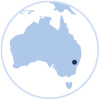
Farms in Australia:
Congi
Benangaroo
Woodside Moutajup
Cavan Station
The Tasmanian Malahide
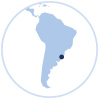
Farms in Uruguay:
Py-Aguazù
La Chuchilla
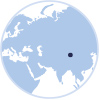
Farms in China:
Cocoa
Walcha, South Wales – Australia
Congi
Congi has been in the Field family for over a century and has consistently bred 30,000 merino sheep on 10,000 hectares of property. They produce exceptionally high quality wool superfine and ultrafine Merino wool – using ultra-modern technology and sustainable certified herd management processes. Constant flow water troughs, no mulesing, natural pasture replenishment through regenerative agricultural practices: these things make Congi an example of sustainability.

30, 000 merino sheep on 10,000 hectares of property

Flock rotation every 4 days

Constant flow drinking troughs

Superfine and ultrafine merino wool of the highest quality

Microchip that collects data about the animal
Sydney, Australia
Benangaroo
Benangaroo has been owned by the Field family since 1997. The immense property, 3,000 hectares for 20,000 sheep, which the Murrumbidgee River crosses, is divided into pastureland and fields used to grow rapeseed, barley and wheat. The company produces wool from 16.5 to 17.5 microns.

3,000 hectares of pasture land

20,000 sheep
Grampians Mountains, South East Australia
Woodside
The Crawford family, now in its sixth generation of farmers and one of the area’s first settlers in 1836, manages 30,000 merino sheep on 800 hectares of grazing land in the foothills of the Grampians Mountains in Australia. 6,000 new trees were planted in 2021. The farm produces superfine wool from 16.5 to 17.5 microns.

800 hectares of pasture land

30,000 merino sheep

6,000 trees planted in 2021
Southern Highlands of NSW in Australia
Cavan Station
Cavan Station is a historical farm that has belonged to the same family for generations. 10,000 hectares of land for 40,000 sheep, south of Yass, along the Murrumbidgee River in the Southern Tablelands of NSW. The farm specialises in the production of extremely high quality, RWS-certified superfine wool. They also use regenerative agriculture and animal husbandry practices. Being carbon positive, it sells credits to international companies.

10,000 hectares of terrain for 40,000 sheep

The best quality merino
Alashan – China
Cocoa
A territory covering about 1300 square kilometres in the Alashan region of Inner Mongolia hosts 48 breeders who care for about 40,000 goats. This habitat has bitterly cold winters and scorching summers.
Cashmere comes from the ability to resist and adapt to such a hostile climate. This is the finest cashmere in the world, measuring 14.8-15.5 microns, purchased directly from the breeders without intermediaries. In 2021, Cocoa was awarded GCS® and SFA certifications.

Harsh winters and scorching summers

Direct negotiations
Artigas, northern Uruguay
La Porfia
La Porfìa is a farm located in Artigas, in the northern part of Uruguay. It belongs to the Engraw group, which began producing wool top at the end of the 1940s. In that area, pastures are all you can see and rain falls abundantly throughout the year.
The Artola family breeds 20,000 merino sheep, without mulesing, on an area of 12,000 hectares. The extra-fine RWScertified wool is extraordinarily long and resistant. The Engraw group only accepts selected farms that conform to high standards which promote the objective of respecting animal welfare and the environment. The facility where the wool is washed and combed, and then worked into tops gets 95% of its energy from wind power.

The geographical conditions and climate in Uruguay guarantee the perfect habitat

20,000 merino sheep are bred to produce RWS-certified extra-fine wool

12,000 hectares owned

The facility where the wool is washed and combed gets 95% of its energy from wind power
Walcha, South Wales – Australia
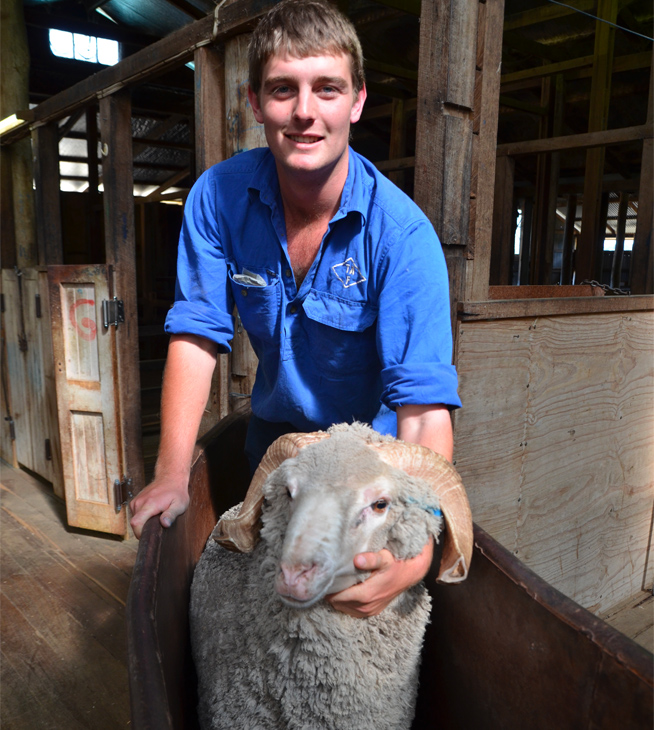
Congi
Congi has been in the Field family for over a century and has consistently bred 30,000 merino sheep on 10,000 hectares of property. They produce exceptionally high quality wool superfine and ultrafine Merino wool – using ultra-modern technology and sustainable certified herd management processes. Constant flow water troughs, no mulesing, natural pasture replenishment through regenerative agricultural practices: these things make Congi an example of sustainability.

30,000 merino sheep on 10,000 hectares of property

Flock rotation every 4 days

Constant flow drinking troughs

Superfine and ultrafine merino wool of the highest quality

Microchip that collects data about the animal
Sydney, Australia
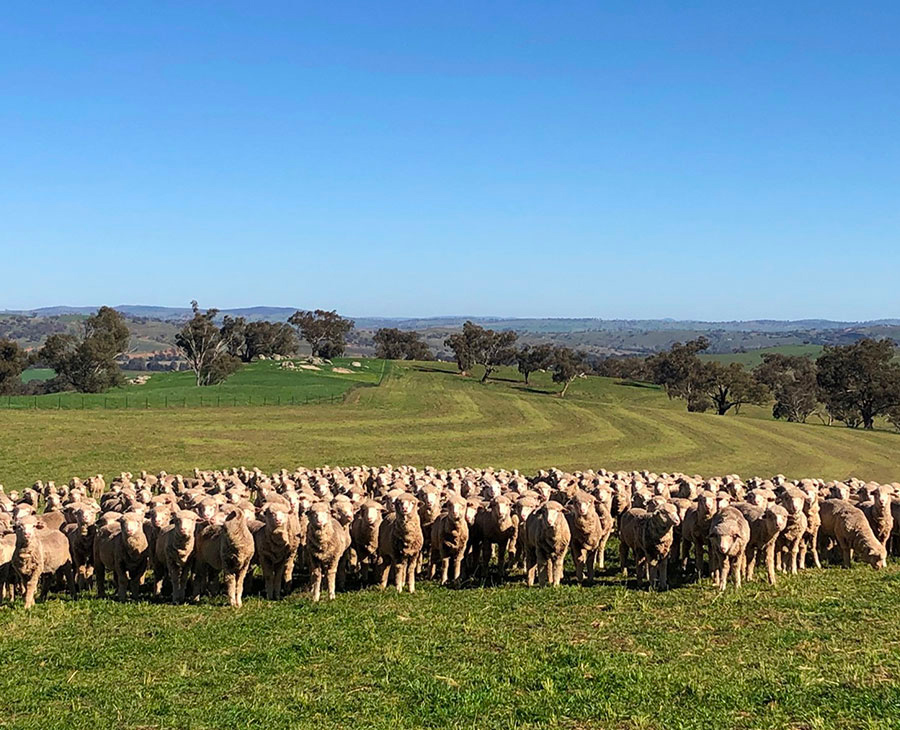
Benangaroo
Benangaroo has been owned by the Field family since 1997. The immense property, 3,000 hectares for 20,000 sheep, which the Murrumbidgee River crosses, is divided into pastureland and fields used to grow rapeseed, barley and wheat. The company produces wool from 16.5 to 17.5 microns.

3,000 hectares of pasture land

30,000 merino sheep
GRAMPIANS MOUNTAINS, SOUTH-EAST AUSTRALIA
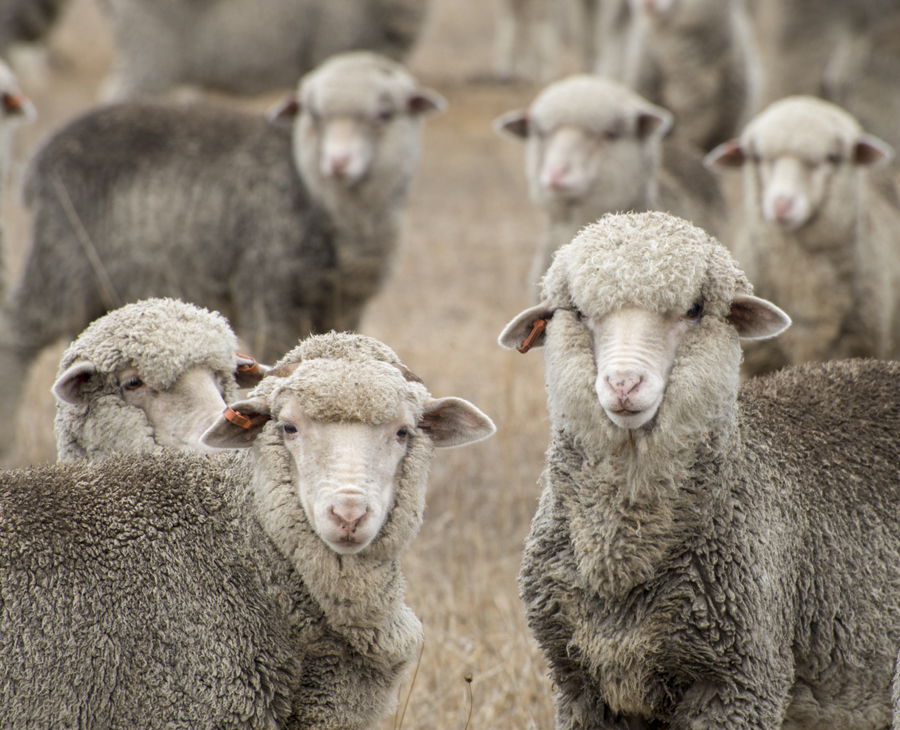
Woodside
The Crawford family, now in its sixth generation of farmers and one of the area’s first settlers in 1836, manages 30,000 merino sheep on 800 hectares of grazing land in the foothills of the Grampians Mountains in Australia. 6,000 new trees were planted in 2021. The farm produces superfine wool from 16.5 to 17.5 microns.

800 hectares of pasture land

30,000 merino sheep

6,000 trees planted in 2021
SOUTHERN PLATEAUS OF NSW IN AUSTRALIA
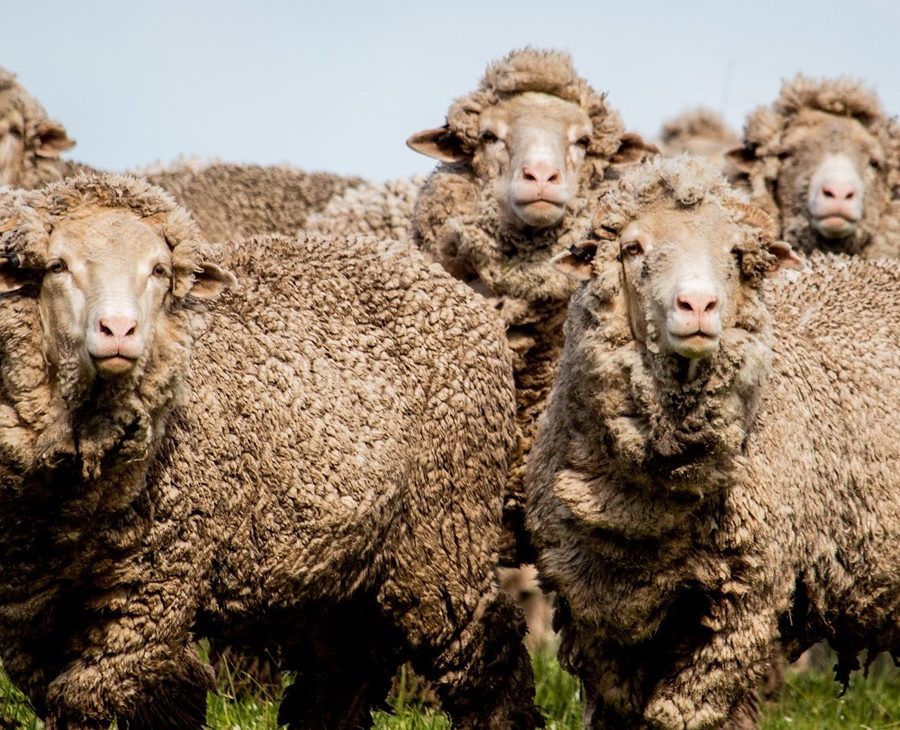
Cavan Station
Cavan Station is a historical farm that has belonged to the same family for generations. 10,000 hectares of land for 40,000 sheep, south of Yass, along the Murrumbidgee River in the Southern Tablelands of NSW. The farm specialises in the production of extremely high quality, RWS-certified superfine wool. They also use regenerative agriculture and animal husbandry practices. Being carbon positive, it sells credits to international companies.

10,000 hectares of terrain for 40,000 sheep

The best quality merino
Alashan – China
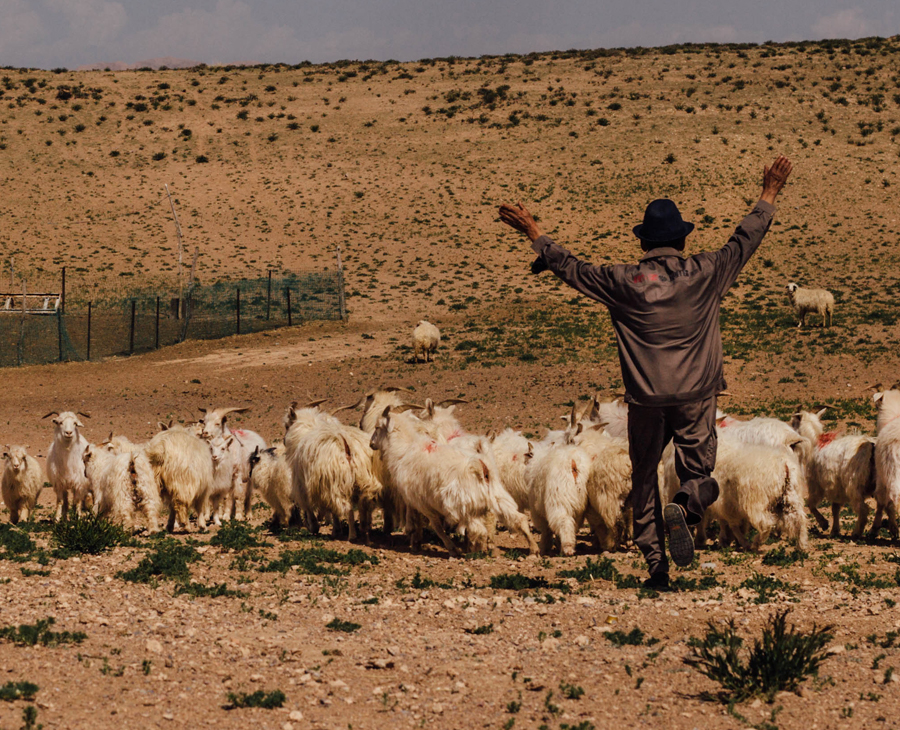
Cocoa
A territory covering about 1300 square kilometres in the Alashan region of Inner Mongolia hosts 48 breeders who care for about 40,000 goats. This habitat has bitterly cold winters and scorching summers.
Cashmere comes from the ability to resist and adapt to such a hostile climate. This is the finest cashmere in the world, measuring 14.8-15.5 microns, purchased directly from the breeders without intermediaries. In 2021, Cocoa was awarded GCS® and SFA certifications.

Harsh winters and scorching summers

Direct negotiations
Artigas, northern Uruguay
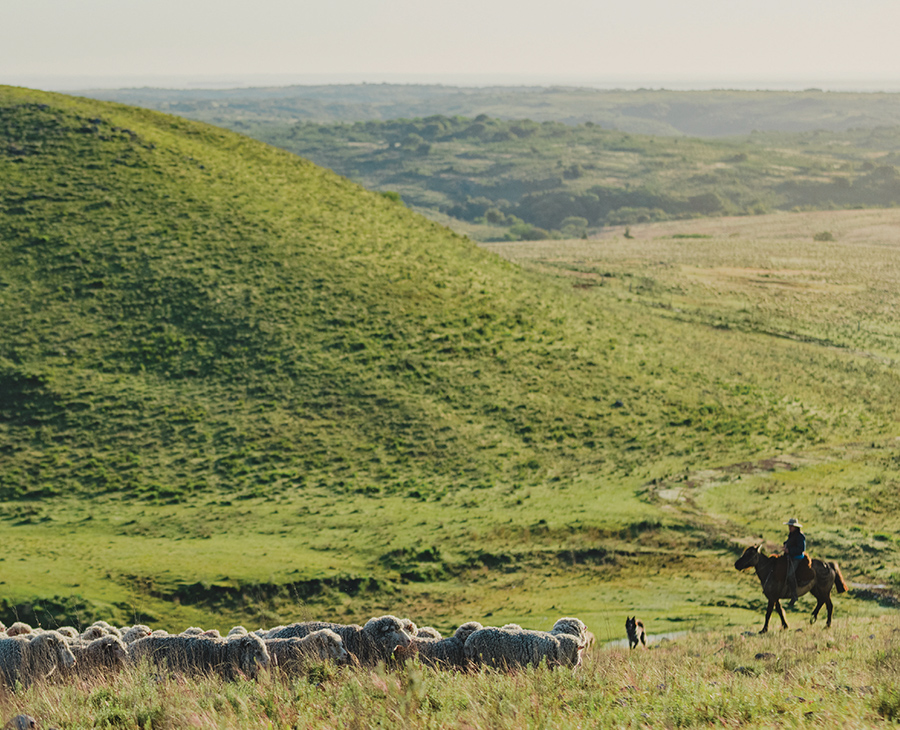
La Porfia
La Porfìa is a farm located in Artigas, in the northern part of Uruguay. It belongs to the Engraw group, which began producing wool top at the end of the 1940s. In that area, pastures are all you can see and rain falls abundantly throughout the year.
The Artola family breeds 20,000 merino sheep, without mulesing, on an area of 12,000 hectares. The extra-fine RWScertified wool is extraordinarily long and resistant. The Engraw group only accepts selected farms that conform to high standards which promote the objective of respecting animal welfare and the environment. The facility where the wool is washed and combed, and then worked into tops gets 95% of its energy from wind power.

The geographical conditions and climate in Uruguay guarantee the perfect habitat

20,000 merino sheep are bred to produce RWS-certified extra-fine wool

12,000 hectares owned

The facility where the wool is washed and combed gets 95% of its energy from wind power
#ilovenaturalisfibra
OUR SUSTAINABLE COLLECTION
Naturalis Fibra
NATURALIS FIBRA YARNS AND FABRICS COME FROM SELECTED FARMS IN ASIA AND OCEANIA
Naturalis Fibra is a collection of yarns and fabrics that has two common denominators: natural fibres that safeguard the environment, and the capacity to comply with the 4 fundamental criteria for maintaining excellence in a sustainable process.
» Search for natural materials and manufacturers with high transparency and sustainability criteria
» Animal welfare and land management
» Environmentally friendly production system
» Focus on treatments and dyes
Slowool
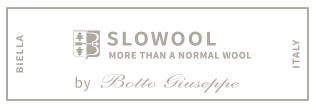
Superfine mulesing-free Merino wool, certified by Cradle to Cradle and RWS, is the pride and joy of the Naturalis Fibra collection. Transparency and traceability through all supply chain steps, from the original raw materials to the final product, express the essential values of the philosophy of sustainability, which dictates that environmental protection and the health of people and animals are the values of a new form of luxury.
Slowoolly
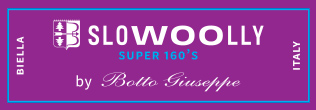
An incredibly lightweight yarn made of totally sustainable superfine mulesing-free merino wool originating on the Congi farm. It has a fineness of 15.5 and 17.5 microns. A touch of elastane makes the yarn more elastic, non-deformable and workable.
Slowool Silk
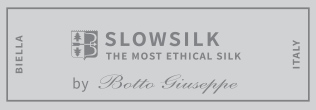
The production of Indian Slowsilk features the absence of pesticides. This process yields sustainable, ethical silk thread. It is a “cruelty-free” silk because the processing does not involve the death of silkworms: in fact, the silk is obtained by collecting what remains of the cocoons after the butterflies have opened them.
Slowool Stretch
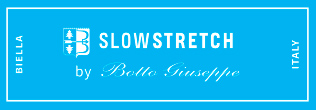
Sustainable biodegradable elastomers, produced with low environmental impact production cycles, enhance the performance of the wool fibres.
Aroha
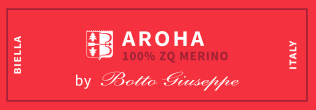
ZQ certified extrafine merino wool, from farms in New Zealand. This highly ductile and workable yarn maintains its characteristics of softness and lightness.
Slowool Cashmere
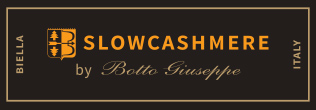
Traceable cashmere originating in Inner Mongolia retains the luxurious, precious quality of the yarn.
Natural Born Cashmere
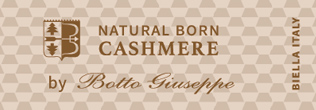
An excellent quality fine combed yarn, rendered even more exclusive because it is not dyed. It is presented in the typical colours of the animal’s natural fleece. Certified, NM 2/70.000
Green Cashmere
Sustainable luxury with recycled cashmere that does not alter the consistency and softness of this precious, exclusive yarn.

